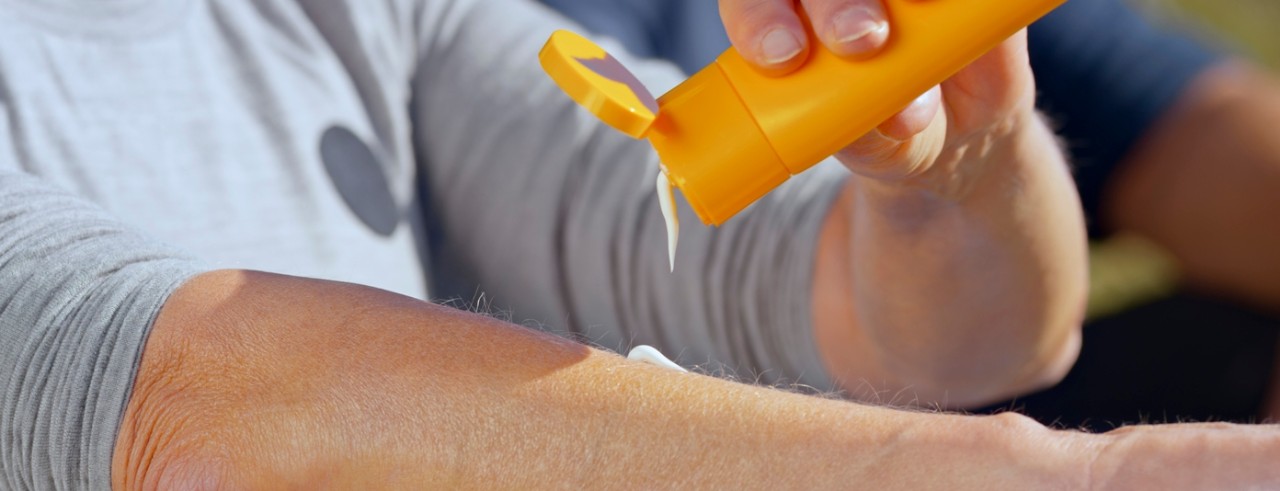
Vox: Burning questions about sunscreen, answered
Kelly Dobos, adjunct instructor in the University of Cincinnati James L. Winkle College of Pharmacy's Cosmetic Science program, was recently featured in a Vox article answering common questions about sunscreen use.
Dobos explained the sun emits two types of UV rays, UVA and UVB, that both damage the skin, but UVA rays are a greater contributor to skin cancer. A good sunscreen will protect your skin from both UVA and UVB rays, she said.
“As our knowledge about the damage from the sun grew to incorporate deeper penetrating UVA rays, we now have broad-spectrum sunscreens that cover UVB and UVA," Dobos told Vox.
While you may see sunscreens labeled as a "chemical" or "mineral" in stores, Dobos advised these labels describe how the products work rather than whether they are derived from "natural" ingredients. Mineral sunscreens create a barrier on the skin to reflect UV rays, while chemical sunscreens are absorbed into the skin and create chemical reactions that lead to repelling UV rays.
“There’s pros and cons to each type,” Dobos said.
Featured photo at top of a person applying sunscreen. Photo/simonkr/iStock.
Related Stories
BBC News Brazil: Vending machines provide overdose antidotes on U.S. streets
September 14, 2023
BBC News Brazil recently highlighted the harm reduction vending machine program run by Cincinnati nonprofit Caracole in partnership with the University of Cincinnati.
The Oncology Nursing Podcast: UC expert discusses antimetabolite drugs
December 4, 2023
The University of Cincinnati's Rowena Schwartz joined The Oncology Nursing Podcast to discuss what oncology nurses need to know about a class of drugs called antimetabolites.
Vox: Burning questions about sunscreen, answered
May 2, 2023
University of Cincinnati cosmetic science expert Kelly Dobos was featured in a Vox article providing clarity on common questions about sunscreen.
